English as an Additional Language
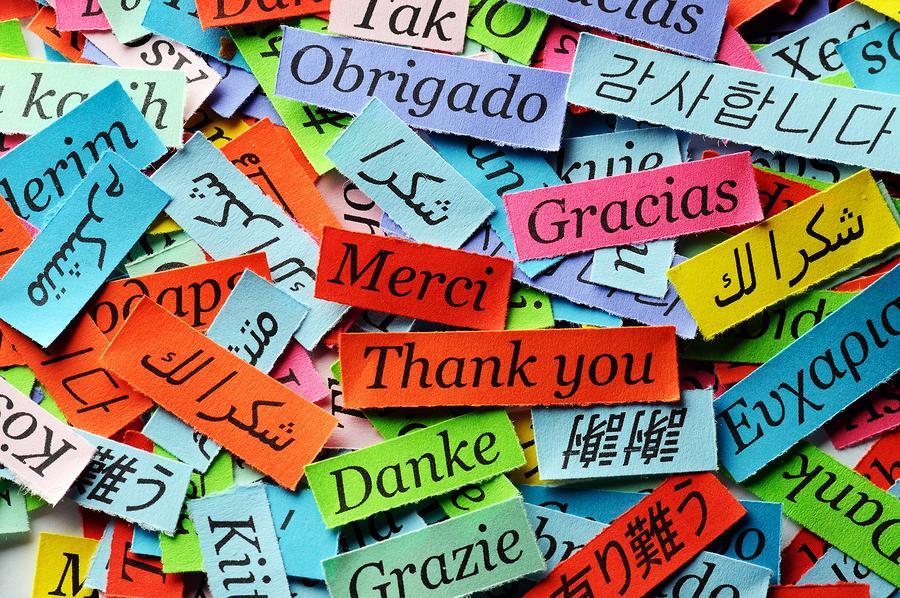
EAL is often a subject many teachers in schools need or want inset on. From looking at my class lists this year I know I need to brush up on my skills. Many students particularly in the current climate are arriving in the UK all the time with limited to no English. Within my current school we immerse students with the language by placing them in higher ability sets for the language acquisition and many other support structures are put in place behind the scenes. It isn't however in my nature to just allow a student to sit there, despite the language barrier maths is a universal language. In our subject most EAL students who have been in education in other countries can often start seeing success quickly within Maths.
Let me give you a problem to begin with.
You may have guessed this problem is written in French. I thought I would give you a chance for the first problem.
How did you get on? Have you managed to solve the problem? How would you feel if the same problem was written in Arabic instead?
Did you manage to read the full problem? Calculate a few sums? Figure out what the problem was asking you to do? I know from this happening to myself on a training day during my PGCE it is a pretty daunting experience. For many the task can lead to frustration and anger especially among capable mathematicians. Students can often feel the same and very easily become overwhelmed.
Cummins researched into the demands and appropriateness of tasks for EAL and bilingual learners. The study provided a useful insight into which tasks might be appropriate and those which may require more structured support from the teacher to help students access the task. The framework by Cummins compares language related cognitive demand and communicative context. Through looking at the quadrants created it suggests those tasks in the top right quadrant are likely to be problematic for EAL students. (Cummins 2000, p. 68)
Idea 1 - Simplify the text

Idea 2 - Match images and text
Something I have started doing is add images to text and directions so students can relate the pictures to the words and then understand what the question is asking them to do. This allows students to pick out the key information for themselves and recognise key words. Can you figure out the problem now?
Along side doing thisI find it useful to have a core bank of images for certain Maths phrasesand items.
Idea 3 - Hand Gestures
Using hand gestures while talking with EAL students can be really useful to help them to understand what you are saying. When we travel abroad we all automatically get used to having to gesture at times to help the local people of foreign countries understand what we are asking. Applying this concept in the classroom I've noticed can really help EAL students get involved in the lesson. Examples of this would be to imitate writing with your hand or counting using fingers. It could also be as simple as holding a book up picking up a glue stick and imitating sticking a sheet in. When I first started doing this I felt a bit silly but now I can already see the small positive impact it has had on my students. I actually enjoy trying to think of movements that will help the students understand what I am asking them to do.
IDEA 4 - Maths Translation
Maths has it's own language alongside English with dual meanings for many words used within the English language. Having a key word translation dictionary available for students in their language can help students in being independent when working through tasks and questions. Don't worry you don't need to create these yourself; the amazing EMaths has created many ready for people to download and use. They can be found here.
 Remember it is important to be positive and praise a lot.
Remember it is important to be positive and praise a lot.
References
Tags: Disadvantaged, Pupil Premium, Whole School , EAL
Comments (5)
-
-
Guest - Assignment Help Services
Within my current school we immerse students with the language by placing them in higher ability sets for the language acquisition and many other support structures like british assignment help available for students in their language can help students in being independent.
0 Like -
-
-
Guest - Fi
Nice one Danielle, so pleased to see that you are addressing EAL in your Maths lessons.
0 Like


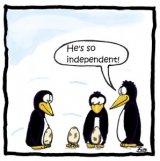






Leave your comments
Login to post a comment
Post comment as a guest